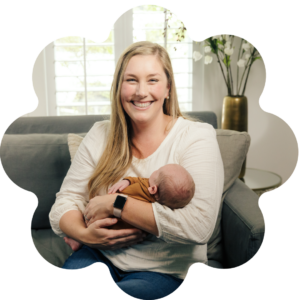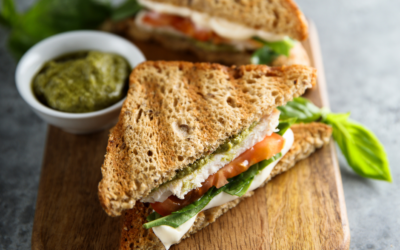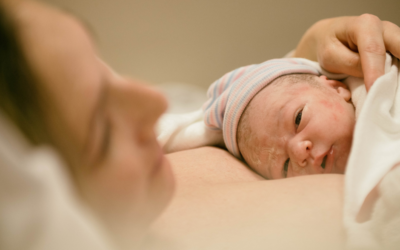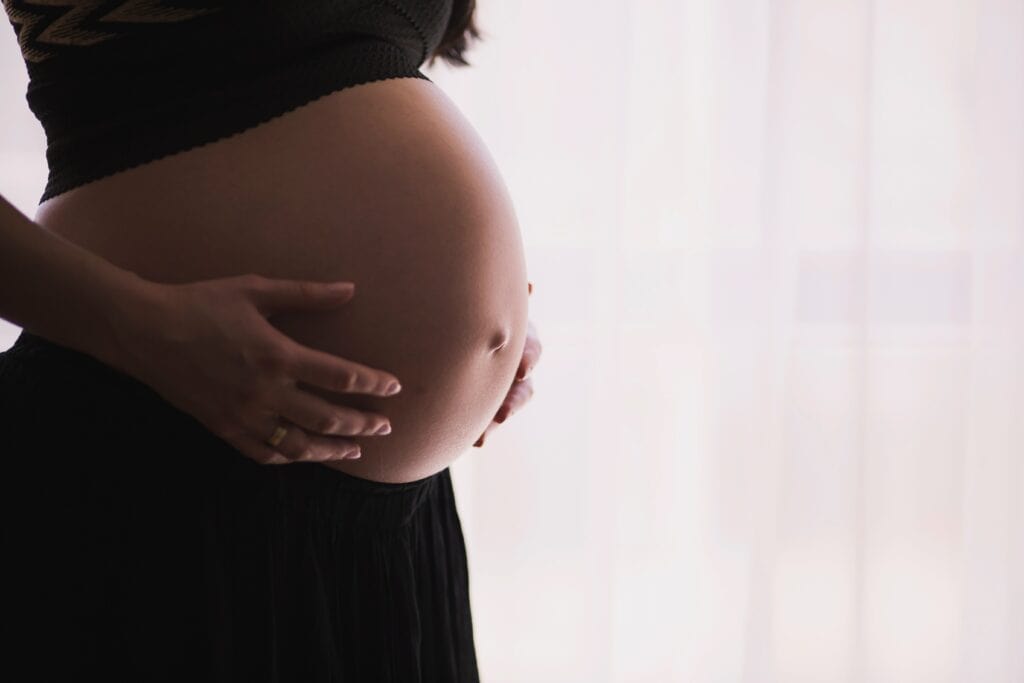
“How do I get my body ready for pregnancy?” If you’ve decided to expand your family, you’ve probably asked yourself this question. There are a few things to put on your preparing for pregnancy checklist to ensure that you’re physically as well as mentally ready for the experience.
When Should I Start Preparing For Pregnancy?
Preconception health can start as soon as you know you want to get pregnant! Taking care of your health not only boosts your chances of getting pregnant, but it can also prevent complications and health concerns.
If you do have health conditions, you may need to take extra time to get your body ready for conception and pregnancy.
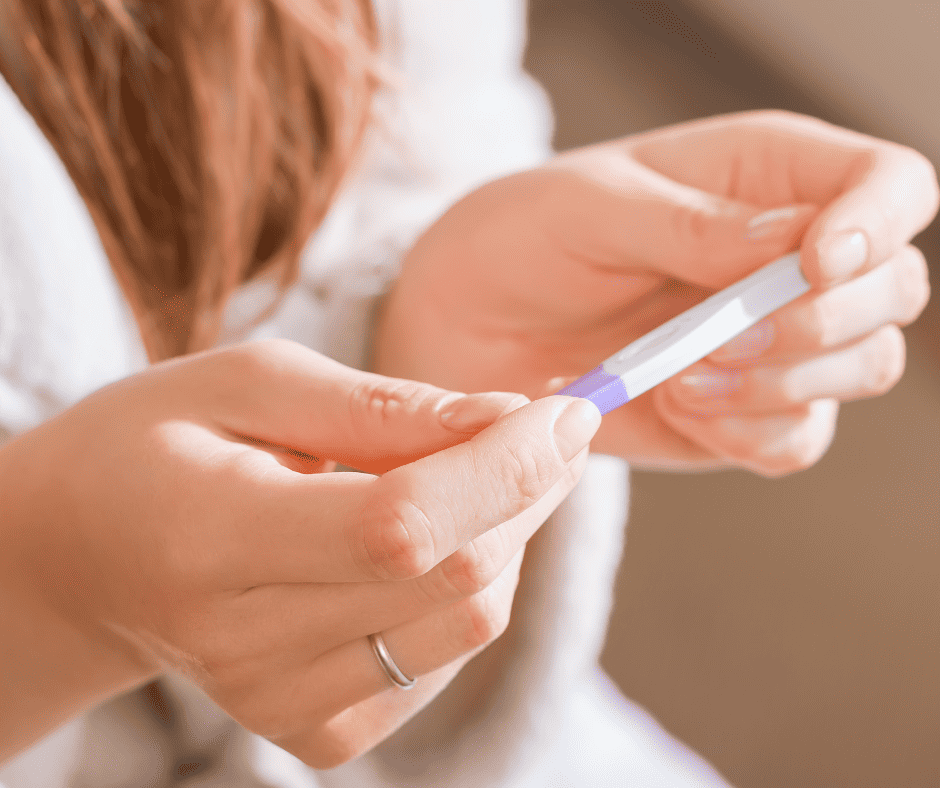
What Lowers Your Chances Of Getting Pregnant?
The term ‘infertility’ comes up when you can’t get pregnant after one year of trying to conceive. There are a few things that can decrease the chance of getting pregnant:
- Irregular ovulation.
- Uterine abnormalities such as scar tissue.
- A blocked fallopian tube.
- Age.
- Body weight – both a very high and very low body weight can affect your body’s ability to get pregnant.
- Smoking and heavy drinking.
- Underlying health conditions, “…such as diabetes, kidney disease or even chronic stress can make it harder for couples to get pregnant,” says Johns Hopkins Medicine.
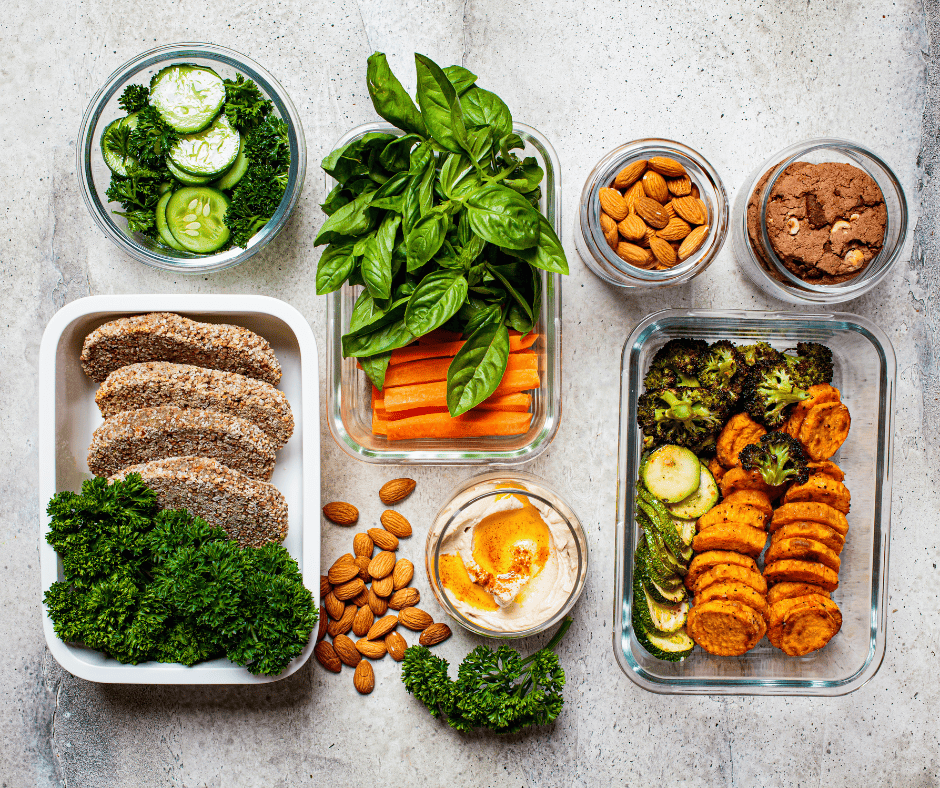
Preparing For Pregnancy Diet
Pre pregnancy nutrition is an important part of preparing your body. To get your body ready for pregnancy, act as if you’re already pregnant! So, stop smoking, cut down on alcohol consumption or, even better, stop completely, and limit caffeine.
Create a pre pregnancy meal plan that includes fruits, vegetables, protein, whole grains, and dairy – this balanced diet can contain many of the essential vitamins and minerals your body needs for reproduction.
It’s important to ensure you’re getting enough folate (folic acid) in your diet, “This B vitamin helps reduce a baby’s risk of neural tube birth defects such as spina bifida. Folic acid may be obtained naturally through leafy, dark green vegetables (i.e. spinach), citrus fruits, nuts, legumes, whole grains, and fortified bread and cereals,” advises the American Pregnancy Association. You can also take a prenatal vitamin that contains folic acid.
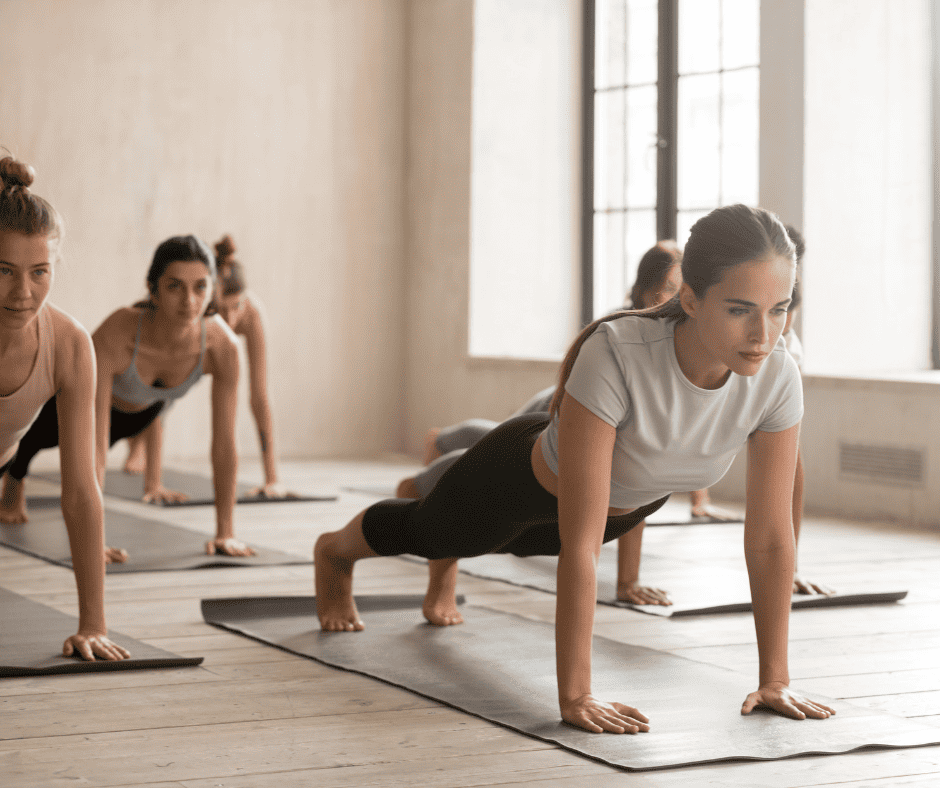
Pre Pregnancy Workout
There are so many benefits to working out while you’re trying to conceive. “Regular workouts get your body in top baby-making shape by toning muscles including your heart, which has to pump up to 50 percent more blood to supply you and your growing baby,” explains What To Expect.
Exercising can also reduce stress, help you sleep better, and help you maintain a healthy weight. “People who are overweight or obese have a higher risk for many serious conditions, including complications during pregnancy, heart disease, type 2 diabetes, and certain cancers (endometrial, breast, and colon),” says the CDC.
Aim for 30 minutes of exercise a day most days of the week.
Exercises to prepare for pregnancy include:
- Jogging and walking
- Yoga
- Pilates
- Strength training
- Swimming
- Stationary cycling
If you don’t already have a regular workout routine and you’re starting from scratch, start slow. Begin by walking daily for 10 to 15 minutes and then increase the duration.
It’s important to note that over-exercising may negatively affect your chances of getting pregnant. Verywell Family explains, “Aerobic exercise for seven or more hours per week may increase the risk of ovulation problems…Vigorous exercise may decrease fertility in women who are at their normal weight.”
Make sure you’re keeping your body well-nourished and hydrated when exercising.

Get Mentally Healthy
Taking care of your mental and emotional health is just as important as looking after yourself physically. “…stress interferes with a woman’s ability to get pregnant. Research has shown that women with a history of depression are twice as likely to experience infertility. Anxiety also can prolong the time needed to achieve pregnancy,” explains Mayo Clinic.
Address any chronic stress and anxiety you may have by talking to a therapist and practicing relaxation techniques.
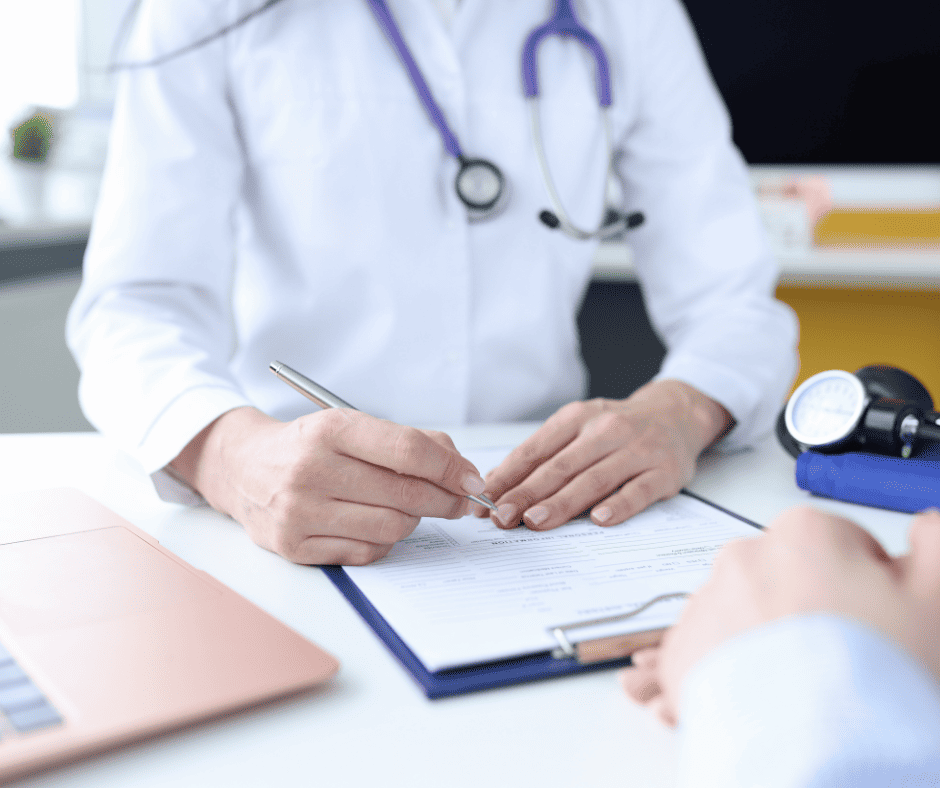
Pre Pregnancy Check Up
You can schedule a preconception appointment with your healthcare provider. They can assess your health and let you know if there are any underlying health conditions that could affect the process of conception.
Also, bring any health-related family history you know with you to this appointment. For example, if your family has a history of neural tube defects, your doctor may want to increase your daily intake of folate.
If you’re overweight, obese, or underweight, your doctor will discuss ways to get to a healthy weight before you conceive.
How To Boost Your Fertility In Your 30s
All of the above can help get your body ready for pregnancy in your 30s. You can also:
Get Your Partner To Wear Boxers
Your partner also has a role to play in preparing for pregnancy! So, ask him to say goodbye to tight underwear. “Some studies have found that men who wear boxers have a higher sperm concentration and total sperm count than those who don’t,” says The Bump.
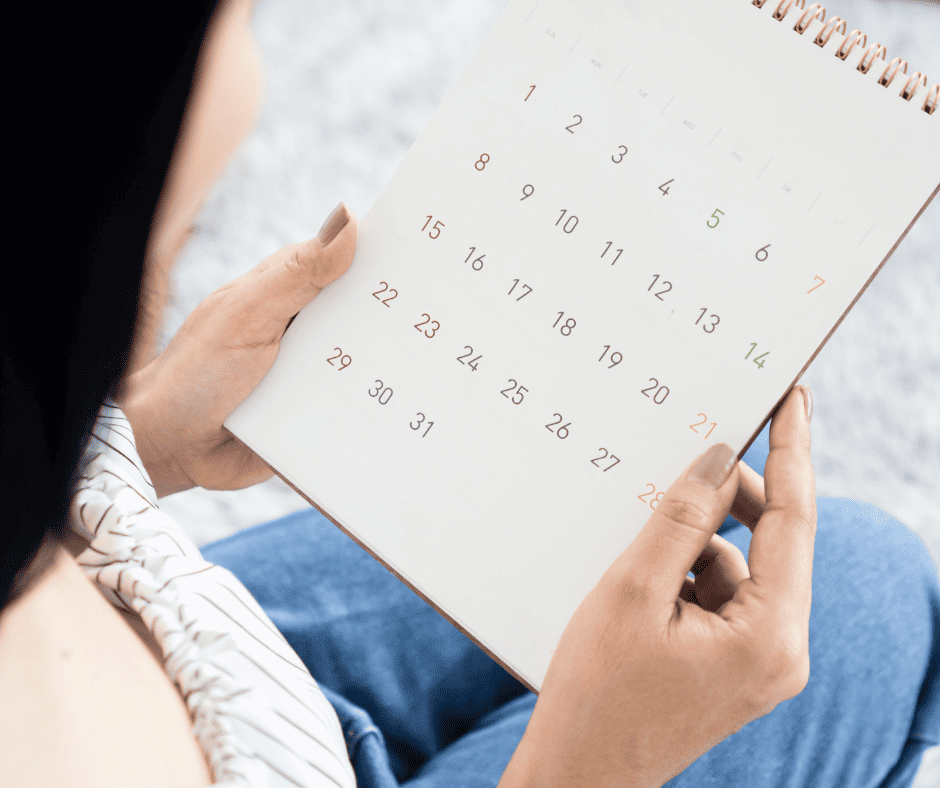
Track your Cycle
If you’re trying to conceive, it’s important to know what your body is doing and when. Track your menstrual cycle so that you know when you’re ovulating – the best time to have sex in order to get pregnant is two to three days before ovulation starts.
Expanding your family is such an exciting time! Taking the steps to prepare yourself both physically and mentally for the change can make for a more comfortable and healthier pregnancy.

